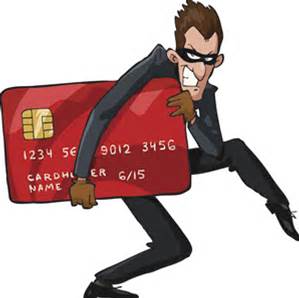 According to Wikipedia, ghosting is a form of identity theft in which someone steals the identity, and sometimes even the role within society, of a specific dead person (the “ghost”) who is not widely known to be deceased.
According to Wikipedia, ghosting is a form of identity theft in which someone steals the identity, and sometimes even the role within society, of a specific dead person (the “ghost”) who is not widely known to be deceased.
As our population ages and more and more people are dying every day, identity thieves are keying in on this fact for their gain. An Ohio family found out about ghosting the hard way about a year ago when one of these thieves stole over $2.2 million from their deceased father’s estate.
“Ghosts” steal a deceased person’s personally identifiable information and use it for things such as account takeover, tax refund fraud, medical ID theft and driver license ID theft. They also apply for new credit cards and loans using this information.
By the time the family of the deceased finds out about the theft, it may cause problems with the estate and may cause great expense to lenders or others who were fooled. In some cases, creditors will try to come after the estate, even if the money owed is because of ghosting.
Here are a few helpful hints to make sure a “ghost” won’t cause problems for you when a loved one dies.
Send the IRS a copy of the death certificate. That way, a “ghost” won’t be able to file a fraudulent tax return and collect any refund.
Send a copy of the death certificate to credit card companies and other financial accounts that were held by the deceased and ask that those accounts be closed.
Notify each of the major credit bureaus and ask them to put a death notification on the accounts of the deceased.
Don’t put too much information in an obituary. Thieves can use date of birth, exact address, mother’s maiden name to help open new accounts.
Be alert and check the deceased’s credit report for questionable activity.
For more information about identity theft and other issues related to estates, go to www.diesmart.com.
